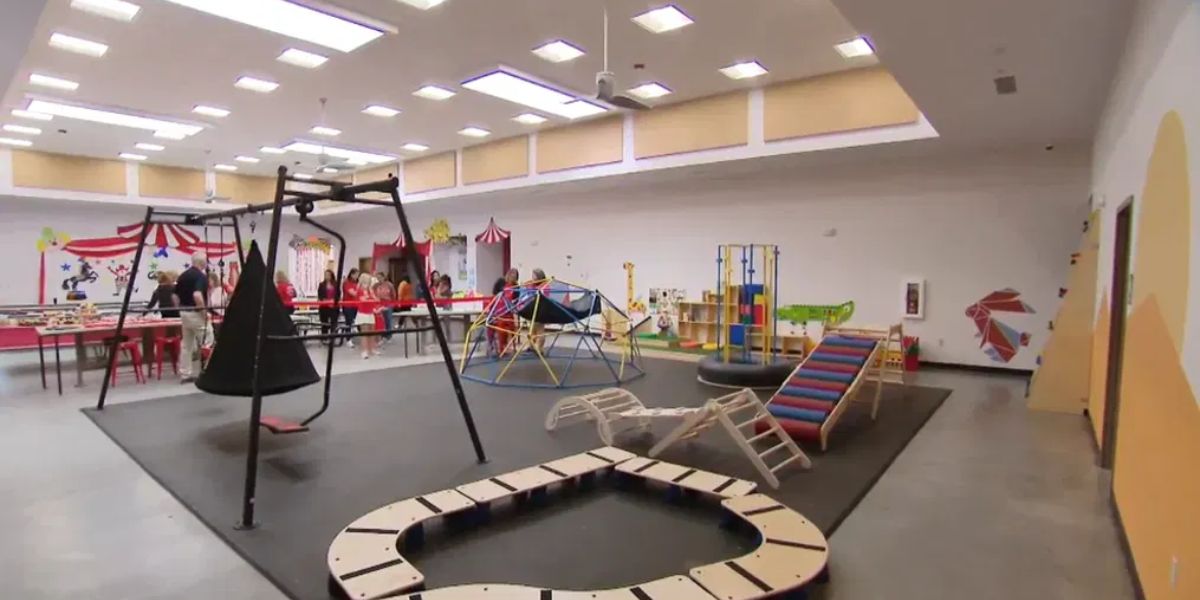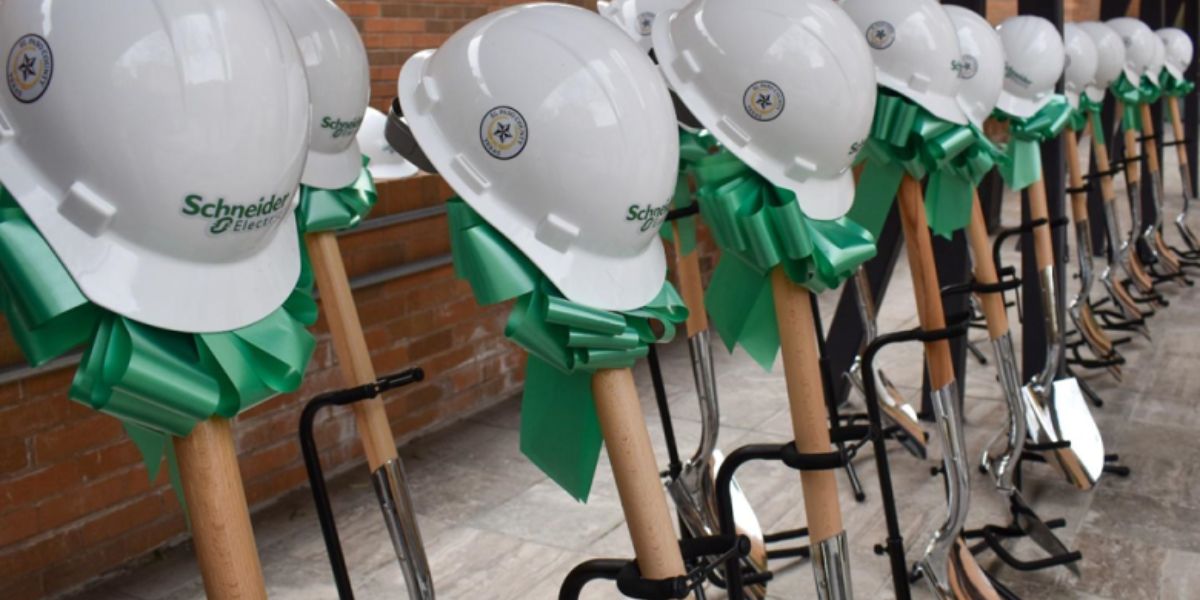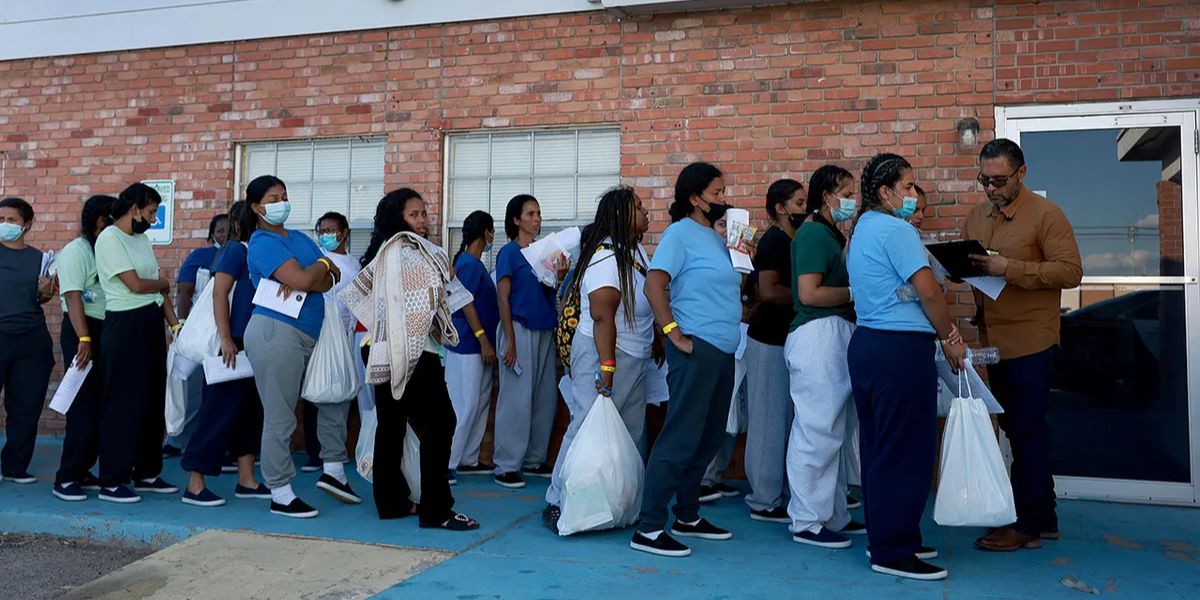El Paso, TX – In neighborhoods across El Paso, mentorship is quietly transforming lives. Behind every success story is a mentor who chose to listen, guide, and believe in a young person others might have overlooked. From community centers to school programs, mentorship has become one of the most powerful tools in violence prevention — helping at-risk youth replace isolation with belonging and despair with direction.
The Power of One Connection
For many young people growing up in high-stress environments, the difference between crisis and stability often comes down to a single trusted adult. A mentor provides more than advice — they offer consistency, empathy, and hope.
Table of Contents
According to the National Mentoring Partnership, youth who have a mentor are 55% more likely to enroll in college, 78% more likely to volunteer regularly, and 46% less likely to use drugs. In El Paso, these numbers translate into real stories of survival and success.
As Daniela Ramos, a violence prevention strategist in El Paso, puts it:
“Mentorship creates a bridge where there used to be a wall. For at-risk youth, that connection can literally save their life.”
Local Programs Making a Difference
El Paso’s mentorship landscape has grown dramatically over the past decade. Nonprofits, schools, and neighborhood organizations are investing in relationship-based prevention programs that connect youth to positive role models before they become vulnerable to crime, addiction, or violence.
Community-Based Mentorship Initiatives
Programs like El Paso’s Youth Leadership Initiative pair trained mentors with middle and high school students who’ve faced suspension, family instability, or community violence. These mentors — often college students, veterans, or social workers — meet weekly with participants to talk through challenges, set goals, and explore safe paths forward.
Another group, the Border Mentorship Network, focuses on immigrant and first-generation youth, offering bilingual mentoring and trauma-informed care. Here, mentors help young people navigate both cultural identity and social pressure, ensuring they don’t fall through the cracks of school or community systems.
Turning Vulnerability into Strength
Mentorship works because it helps youth build resilience and self-worth. Many young people who engage in violence or risky behavior aren’t inherently dangerous — they’re responding to pain, stress, or unmet needs. Mentors help them process emotions, understand consequences, and discover healthier outlets for frustration or grief.
One 17-year-old participant shared in a local youth forum:
“Before my mentor, I didn’t think anyone cared. I was angry all the time. But he showed me that I could still start over — even after messing up.”
These personal transformations ripple outward. A mentored youth becomes a peer leader, a community volunteer, or even a future mentor, creating a chain of influence that strengthens neighborhoods over time.
The Role of Schools and Law Enforcement
El Paso schools have embraced mentorship as part of their restorative discipline framework. Instead of relying solely on suspensions, educators connect struggling students with mentors and social-emotional learning resources. The results have been striking: schools with active mentoring programs report lower dropout rates, fewer fights, and stronger student engagement.
Police and social workers are also getting involved. Through the Community Safety Collaborative, officers refer at-risk youth to mentorship programs instead of juvenile detention for minor infractions. This approach focuses on prevention rather than punishment, allowing students to rebuild trust in authority figures while developing essential life skills.
“When law enforcement becomes a partner in prevention, not just enforcement, we start to see long-term change,” Ramos explains.
Mentorship and Violence Prevention
The connection between mentorship and reduced violence is well-documented. Youth who have consistent mentors are 70% less likely to commit a violent act and significantly more likely to engage in school or employment. In El Paso, mentorship programs have been integrated into broader violence interruption strategies, ensuring that vulnerable youth have access to guidance before situations spiral.
Many mentors undergo de-escalation and trauma-informed communication training, equipping them to recognize warning signs and intervene safely when a mentee experiences conflict or crisis.
Challenges and Opportunities
Despite its proven benefits, mentorship faces challenges in scale and sustainability. Recruiting and training mentors takes time, and programs often depend on short-term grants. Advocates are calling for statewide investment in youth mentorship infrastructure, emphasizing that prevention saves far more resources than reaction.
Local organizations are also exploring virtual mentorship models, allowing trained mentors to connect with youth in rural or underserved parts of West Texas via video calls and text-based check-ins. This expansion could ensure no young person goes unsupported simply because of geography.
Building a Culture of Support
El Paso’s mentorship movement is part of a larger cultural shift — one that values compassion and connection as much as enforcement or policy. When mentors step into the lives of youth facing adversity, they redefine what community safety looks like: it’s not just the absence of violence, but the presence of care, opportunity, and belonging.
As Ramos concludes,
“Every hour a mentor spends with a young person is an hour that prevents violence, builds trust, and restores hope. That’s the real foundation of public safety.”
What do you think?
Have you or someone you know experienced the impact of mentorship? Share your stories or insights in the comments below and explore more prevention initiatives at reachviolenceprevention.org.











